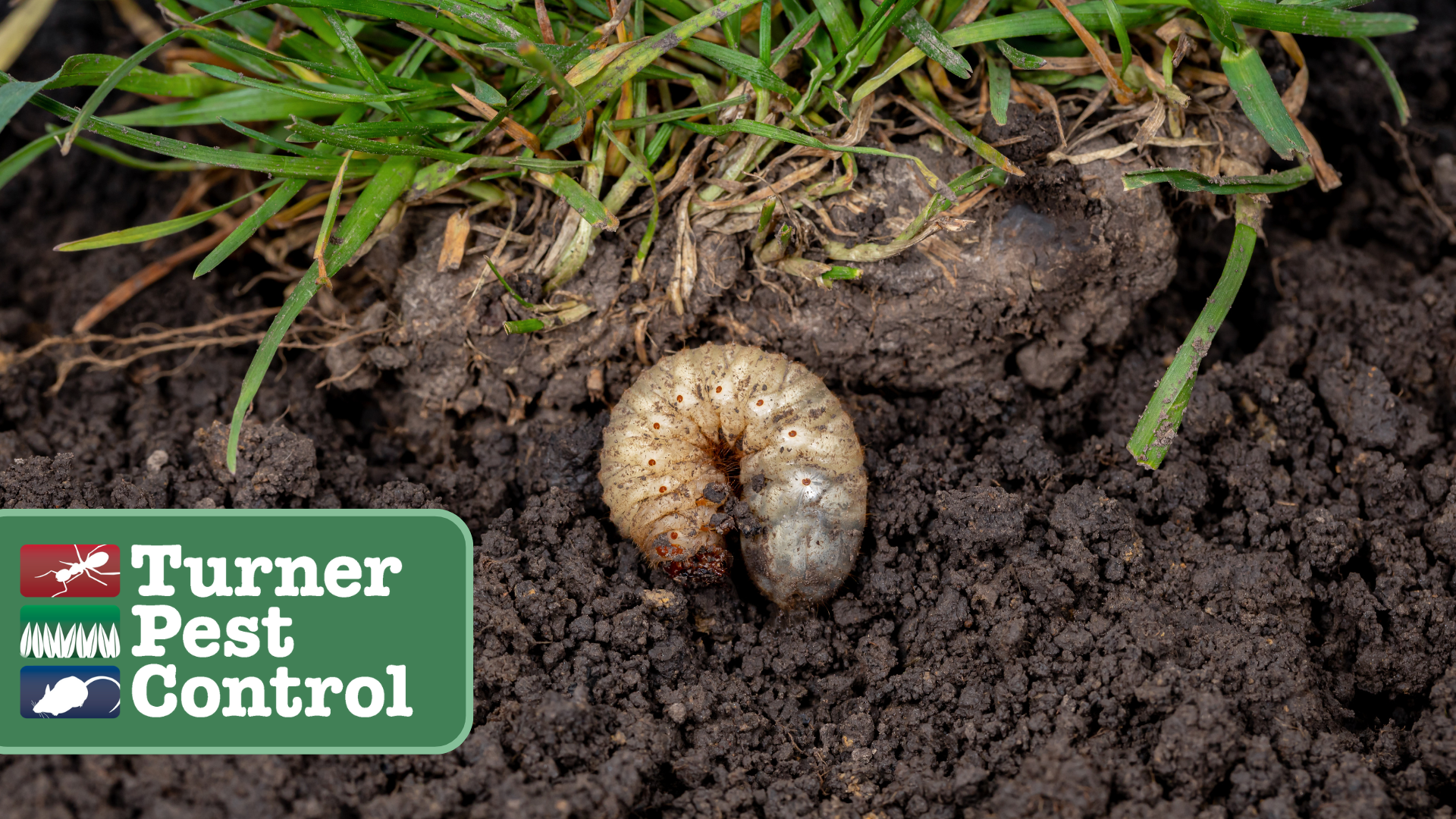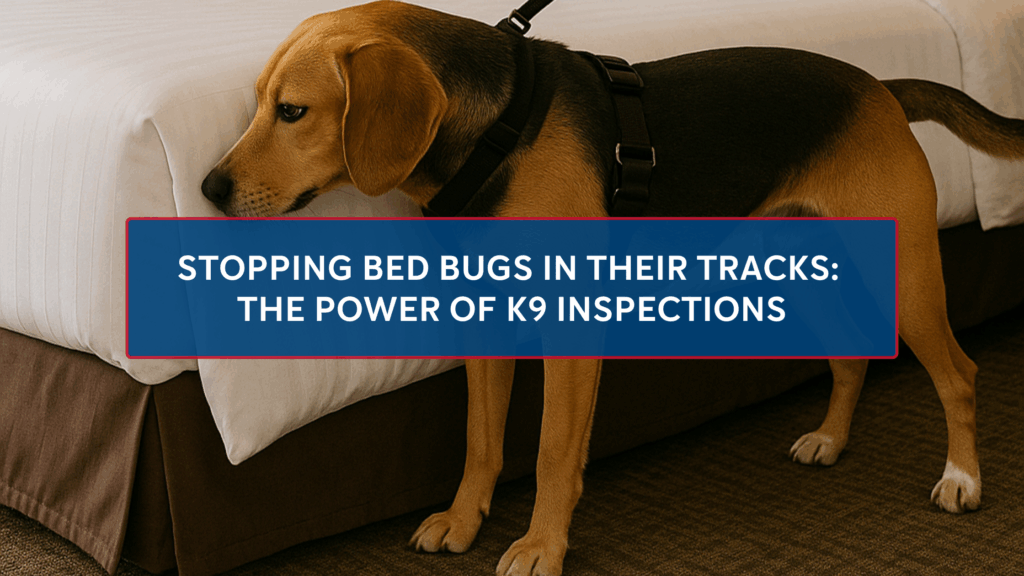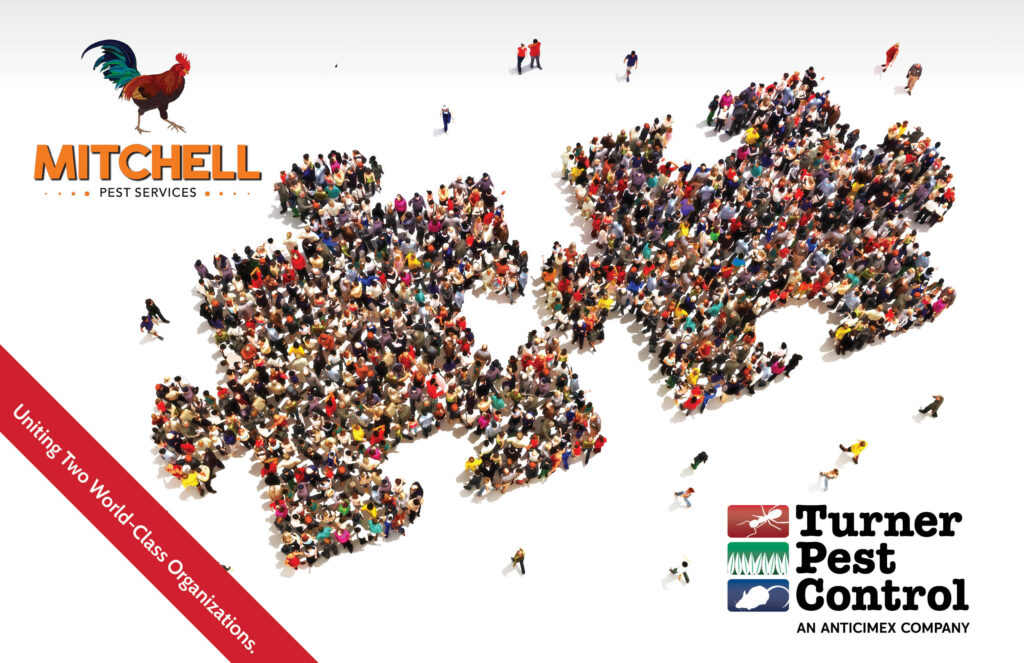When Florida’s weather warms up, your lawn doesn’t just grow — it gets crowded. While summer brings sunshine and green grass, it also brings a wave of unwanted lawn pests that can damage your turf from the roots up. Knowing what to watch for now can save you a headache (and a brown lawn) later.
Here are the most common lawn pests to keep on your radar this season:
Sod Webworms
Sod webworms are small but destructive. These caterpillar-like larvae feed on grass blades, often leaving behind brown patches or thinning grass that looks like drought damage.
What to look for:
-
Brown, chewed patches in sunny areas
-
Small moths fluttering over your lawn at dusk
-
Turf that pulls up easily
Chinch Bugs
Chinch bugs suck the sap from grass blades and inject toxins, causing your lawn to turn yellow or straw-like. They love hot, dry areas and often target St. Augustine grass.
Signs of a problem:
-
Irregular yellow or brown patches
-
Dead zones that spread outward
-
Hot spots along sidewalks or driveways
Grubs
Grubs are beetle larvae that live beneath your lawn and feast on grass roots. A serious grub infestation can lead to large patches of dead, spongy grass that lifts easily from the soil.
Look for:
-
Birds, raccoons, or armadillos digging in your lawn
-
Patches of grass that feel soft and roll up like carpet
-
Sparse or stunted grass growth
Armyworms
These pests move in large groups (like an army) and chew through grass quickly. Damage happens fast and is usually very visible.
Key signs:
-
Grass blades chewed low or missing entirely
-
Brown patches that appear overnight
-
Visible caterpillars during early morning or late afternoon
How to Protect Your Lawn
- Stay vigilant: Regularly inspect your yard for signs of damage or unusual activity.
- Water and mow correctly: Healthy grass is more resilient against pest damage.
- Call in the pros: At Turner Pest Control, we offer lawn pest treatments designed to target the exact pests affecting Florida lawns.
Get a Free Lawn Inspection
If you’ve spotted any of these signs — or just want peace of mind — we’re here to help. Our expert lawn and outdoor pest control team will assess your lawn, identify the culprit, and create a treatment plan that protects your yard and restores its health.




